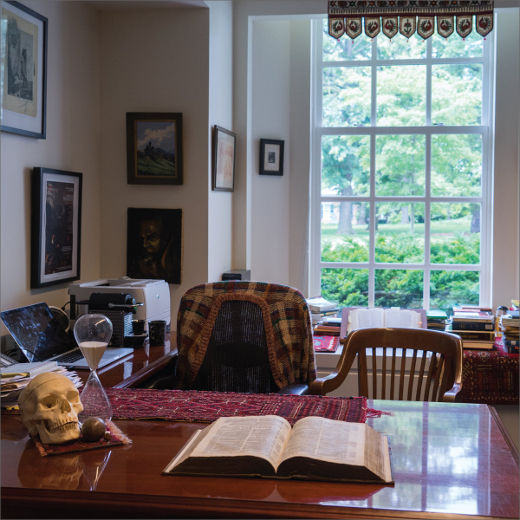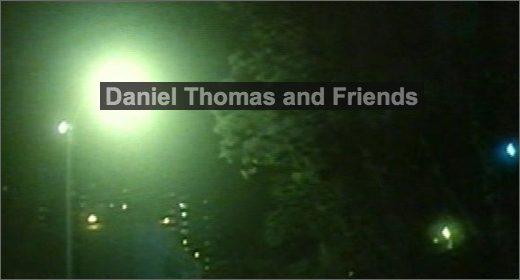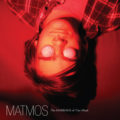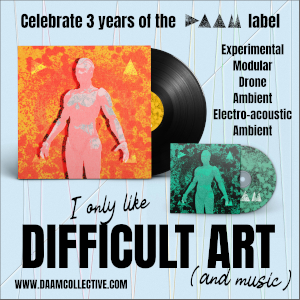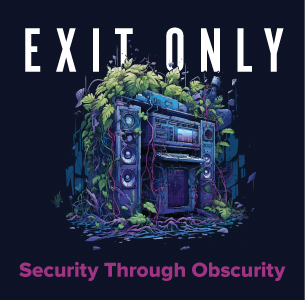Instead, sequenced gates let in small bits of unsculpted, rough machine sound; short glimpses into windows of very chaotic places. While this technique may sound harsh and industrial, the result is surprisingly benevolent, if deranged in spirit, emphasized by bright dots of pointillistic major key tonality.
Continuous Hole is the first collaboration between Drew Daniel and John Wiese. Daniel being one half of the conceptually-minded Matmos and additionally recording solo material as The Soft Pink Truth, while Wiese has been a mainstay of the American experimental underground as a solo artist, as part of power-violence tinged noise group Sissy Spacek, and as a prolific collaborator. Continuous Hole is the result of ten years of work, a compact album of eleven compositions clocking in at around 30-minutes.
About half of these tracks are dedicated to a style that frankly lacks precedent. Panned and pitched blasts of noise are distributed around the frequency spectrum into patterns that approximate the bump of dance music. These aren’t like the well-molded, virtually camouflaged objects-into-samples familiar to fans of Matmos’ catalog or a particular era of micro-house. Instead, sequenced gates let in small bits of unsculpted, rough machine sound; short glimpses into windows of very chaotic places. While this technique may sound harsh and industrial, the result is surprisingly benevolent, if deranged in spirit, emphasized by bright dots of pointillistic major key tonality. The funky skip almost recalls the lopsided grooves of Matthew Herbert’s makeshift percussion loops, although there’s no mistaking this for deep house; the caustic and harsh sonic character of the source material and a tempo clocking in between 150 and 160 bpm dictates the limits of the appeal. These are indeed tracks for noise maniacs looking for novel and delirious takes on party music and they will surely satisfy.
The level of detail and the speed at which they come at you is some real ear-squinting shit, but for repeated home listening it’s fairly exhausting. The rest of the album offers a sort of respite from the galloping rhythm works with a more conventional take on fast moving, electronic noise. From this set, “Progress Bar” amazes, flicking through samples and feedback at a rapid clip without crowding or losing a sense of fluency, before devolving into an unsettled drone and a final workout. Followed by “OBV,” which draws from more lo-fi sample sources and pushes them around in a manner similar to the menacing contemporary concrete of Wiese’s recent solo work, these two tracks make for the most rewarding revisiting, even if they’re not nearly as impressively novel as the rhythmic material.
Continuous Hole is available on Gilgongo.










